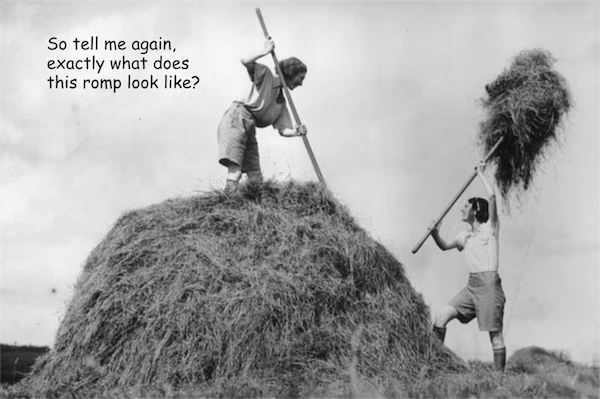One of the challenges of a co-operative is balancing the interests of the group with those of each individual member. Unlike a proprietary limited company, stakeholder interests are not beholden to the profit motive. Rather the primary focus is on return to members – which can be delivered in a variety of ways including via dividends, rebates and patronage. The difficulty is that without a return on capital signal, the cooperative itself has to determine how value is distributed among its members.
A data co-operative provides a simple illustration of this challenge. On the one hand, members come together to aggregate market power – as individuals they are weakly positioned to bargain the terms on which they share their data, while as a collective their individual control is amplified. On the other, one of the principal objectives of a data coop is to enable individual members to have more control over their data. For this reason, a data coop will create permissioning mechanisms that enable the individual to differentially share their data with others. The data coop leverages group market power to deliver value for individual members.
But that is only part of the story. By aggregating control over data, the data coop will also enable sharing of data in aggregate. And there are likely to be circumstances where it is in the collective’s interests to share aggregate data. This is after all why Big Data and the Algorithms have been dominating the pop charts over recent years. For this reason, it may be a condition of membership that coop members agree to authorising the coop to share their data. You can see the challenge here…
For this reason, it is really important that cooperatives are very clear about how a cooperative distributes value amongst its members. If interests are not aligned, fractures across the points of difference are likely to occur when the structure is stressed.
